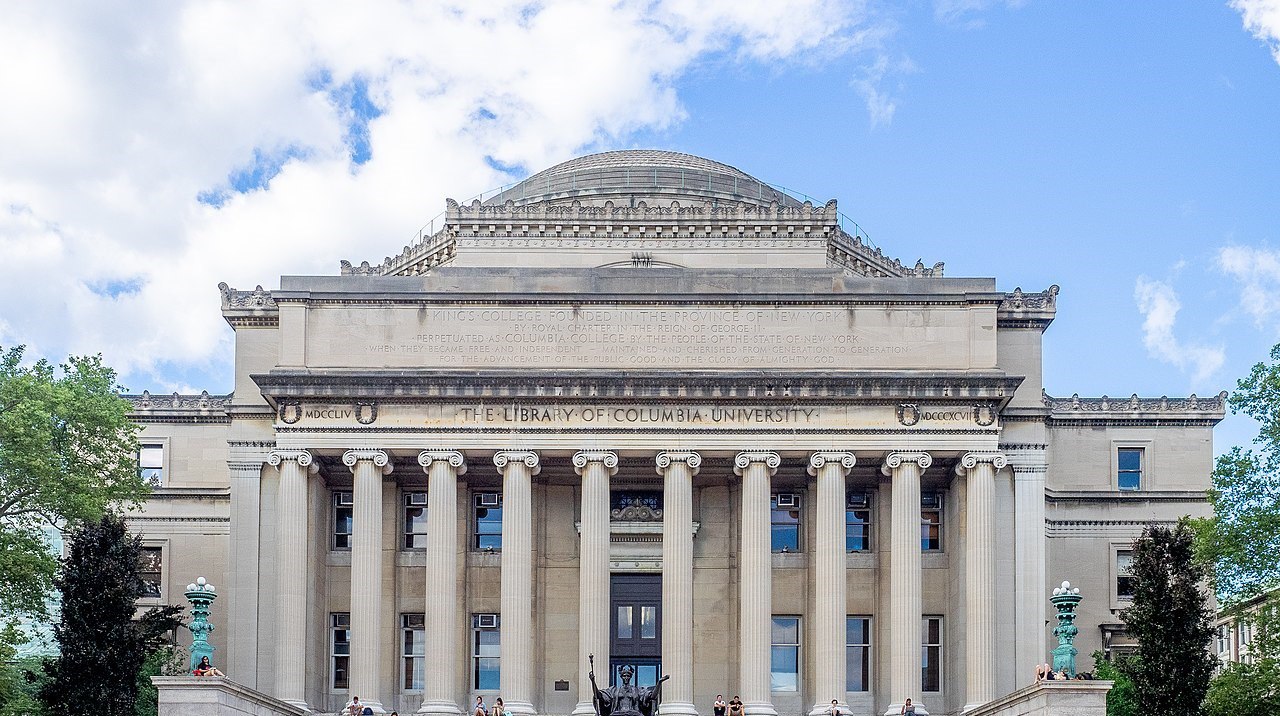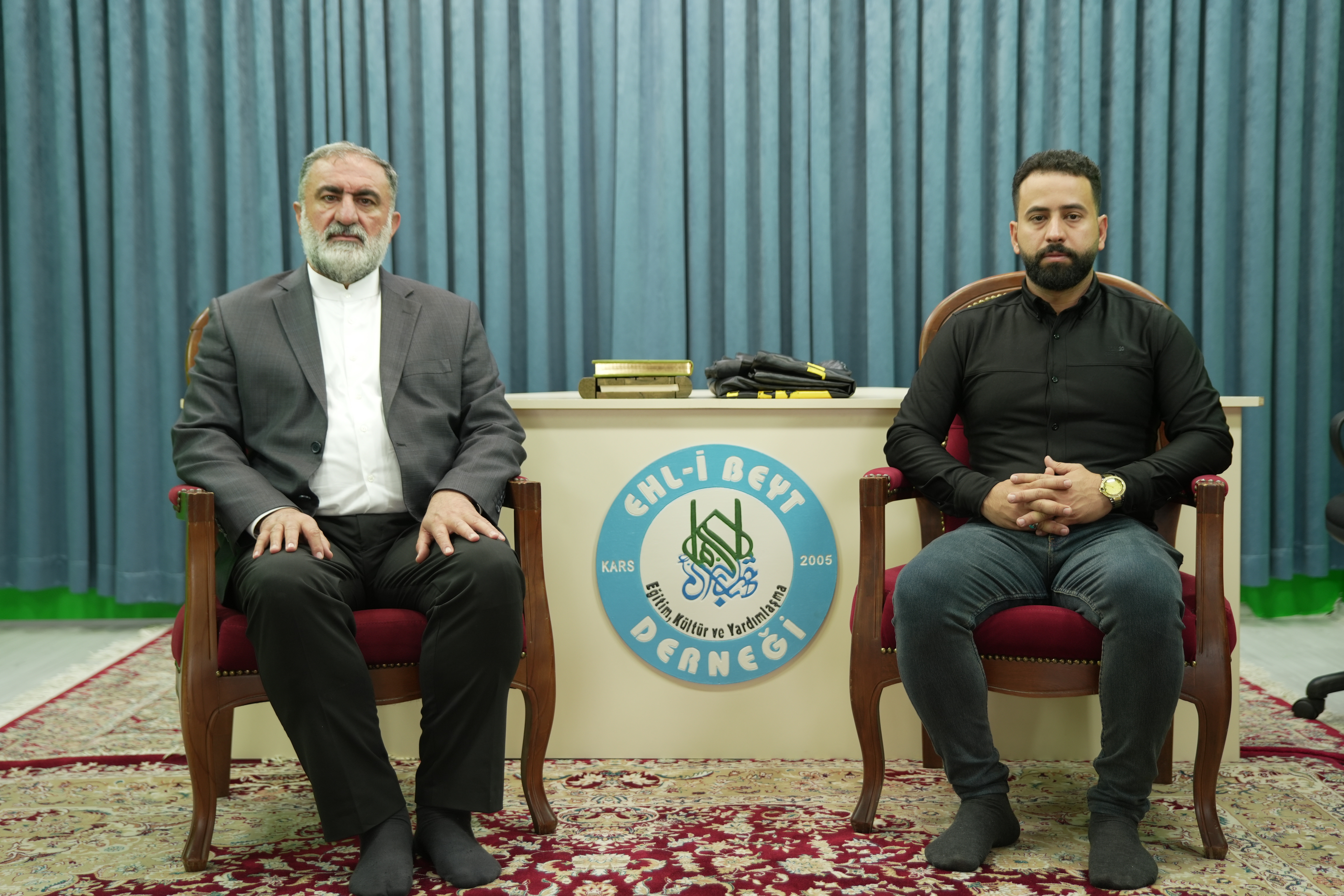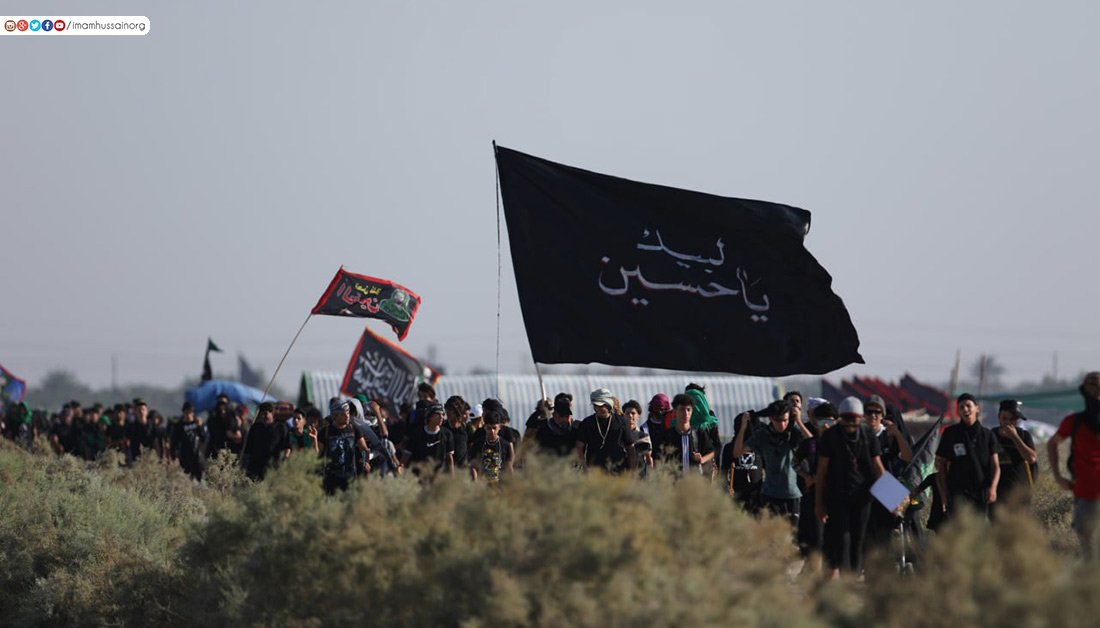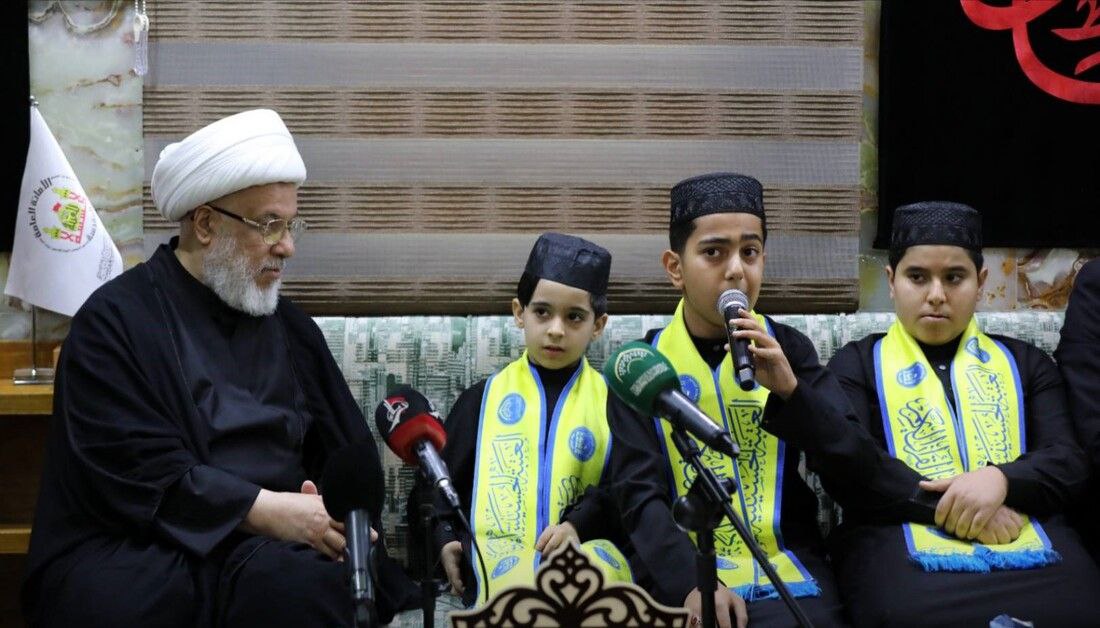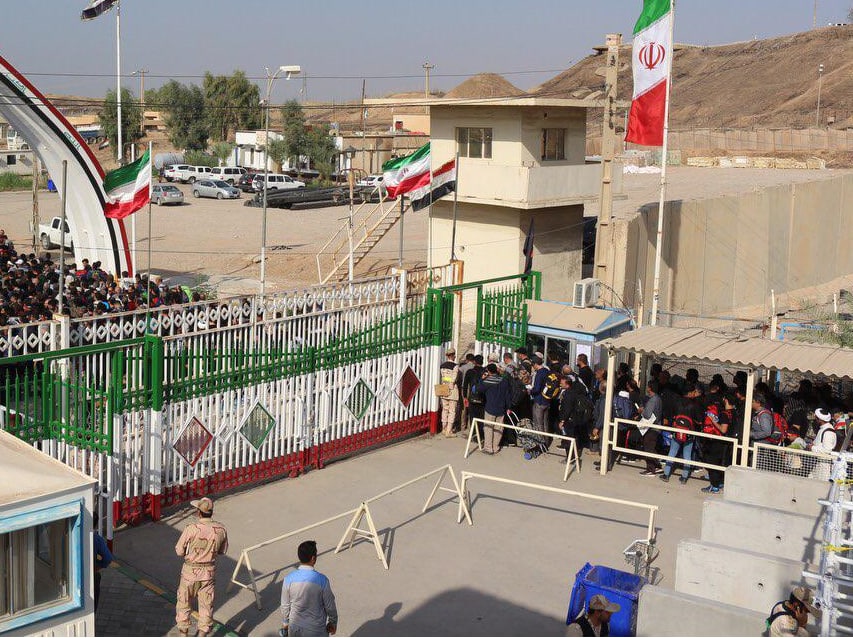U.S. universities face backlash over new definition of anti-Semitism that limits criticism of Zionist entity
Marianne Hirsch, a renowned genocide scholar and professor at Columbia University, has expressed deep concern over a newly adopted definition of anti-Semitism at the university—one she believes threatens academic freedom and open discourse. For the first time in her five-decade teaching career, she is now considering stepping away from the classroom.
The university’s adoption of the International Holocaust Remembrance Alliance (IHRA) definition of anti-Semitism, which critics say conflates anti-Semitism with criticism of Israel or Zionism, has sparked heated debate. Under this definition, certain forms of criticism of the Israeli state may be classified as hate speech, a move Hirsch sees as a form of institutional censorship.
Hirsch, herself the daughter of two Holocaust survivors, warned that the definition "places dangerous boundaries on classroom discussion" and could suppress engagement with critical texts, such as Hannah Arendt’s Eichmann in Jerusalem, that question the Israeli state's actions.
Columbia’s decision to adopt the IHRA definition reportedly came after pressure from the Trump administration in connection with restoring $400 million in federal funding. The university had faced allegations of not adequately addressing anti-Semitism on campus, and its agreement to apply the IHRA definition in disciplinary and academic contexts has drawn criticism from faculty and civil liberties advocates.
Even Kenneth Stern, a lead author of the IHRA definition, has warned that the definition is being "weaponized" and used to stifle pro-Palestinian and anti-Zionist voices, including Jewish academics and students.
Stern emphasized that such use of the definition could open the door to legal actions against professors and enable external political groups to pressure universities to fire faculty who express dissenting views on Israel.
Despite the risks, Hirsch says she remains committed to her scholarship on genocide and mass atrocities, even if she must continue her work outside university walls.
"Speaking about ethnic cleansing and the crimes committed in Gaza today," she said, "is a vital part of my academic mission."
